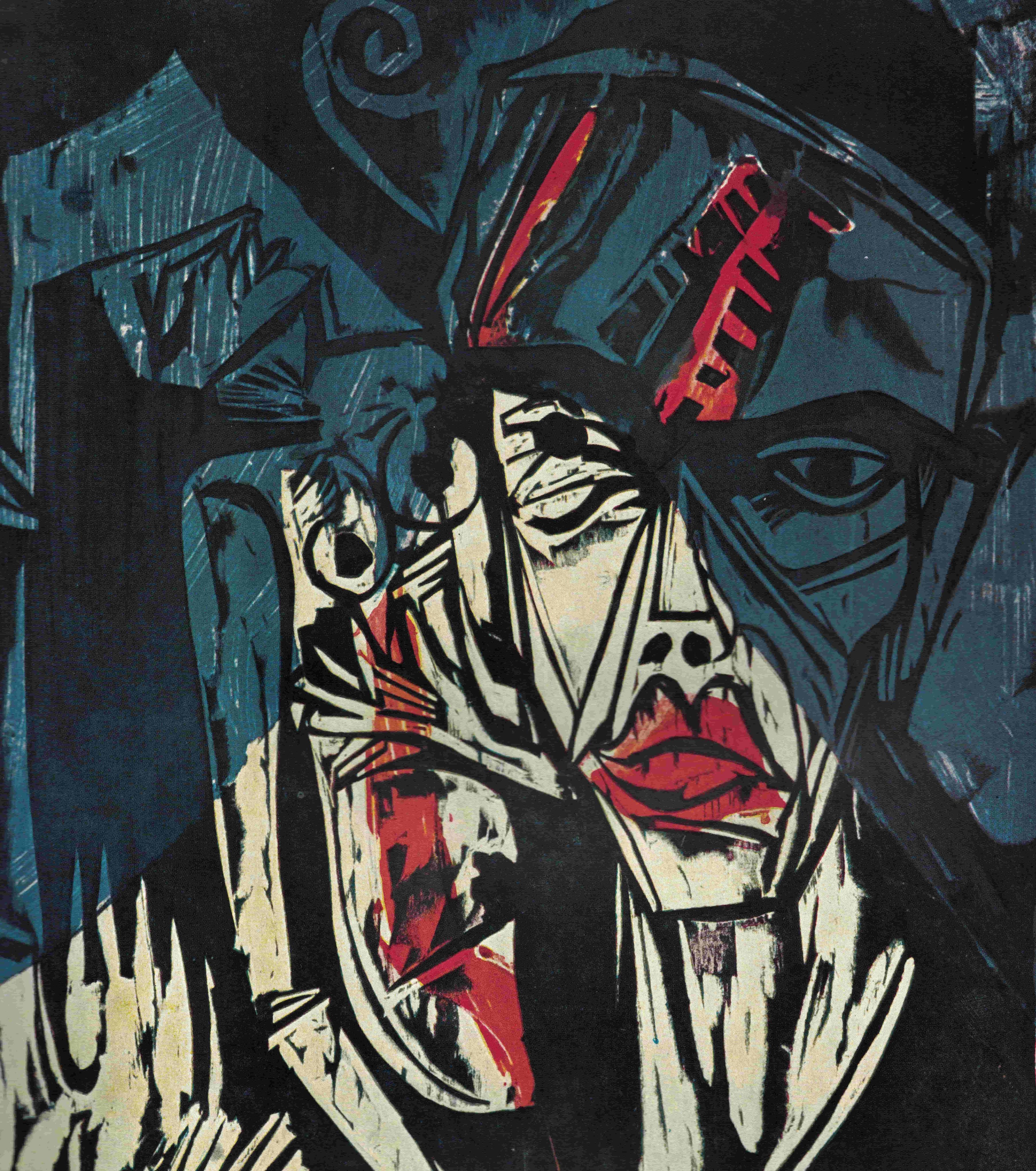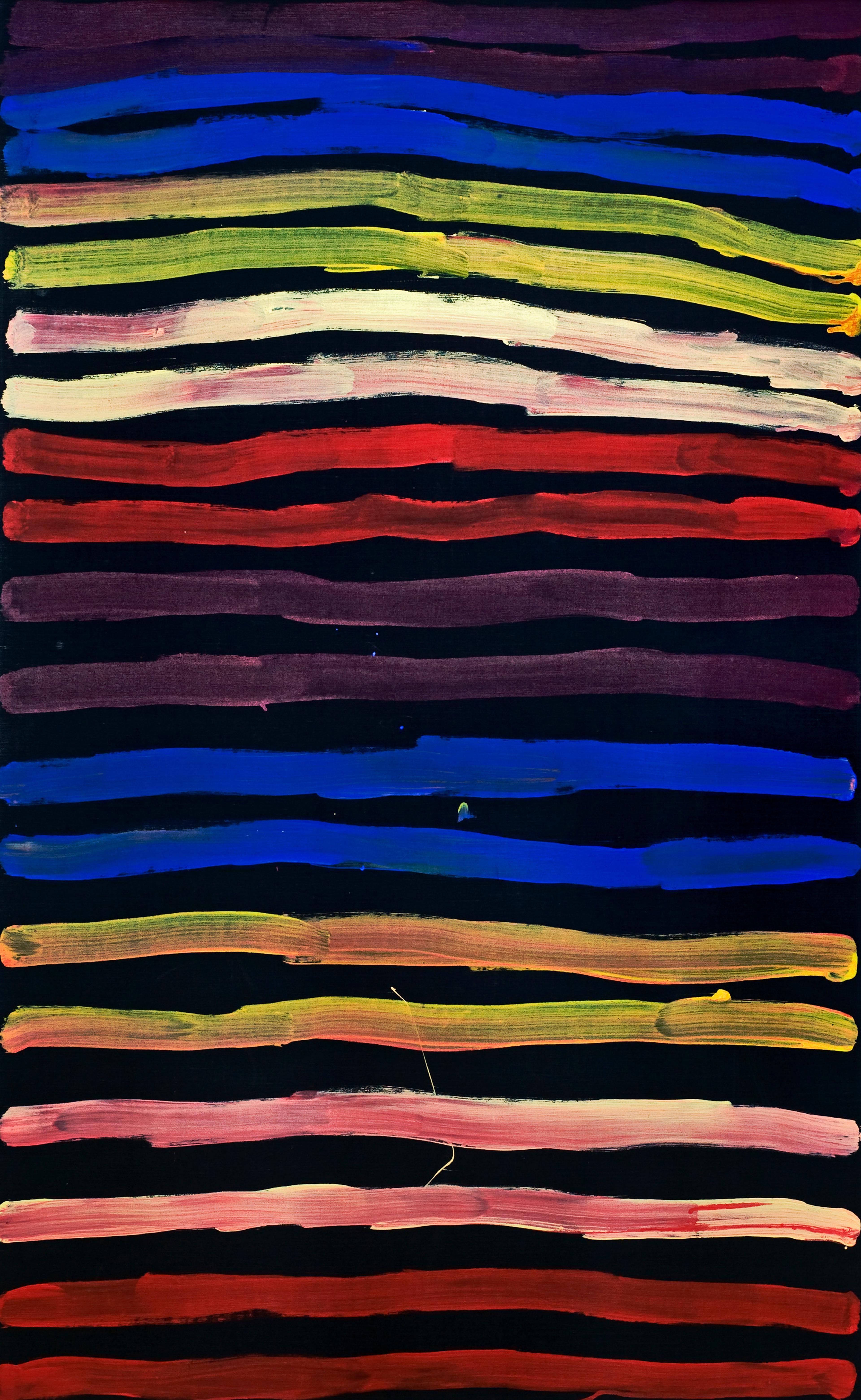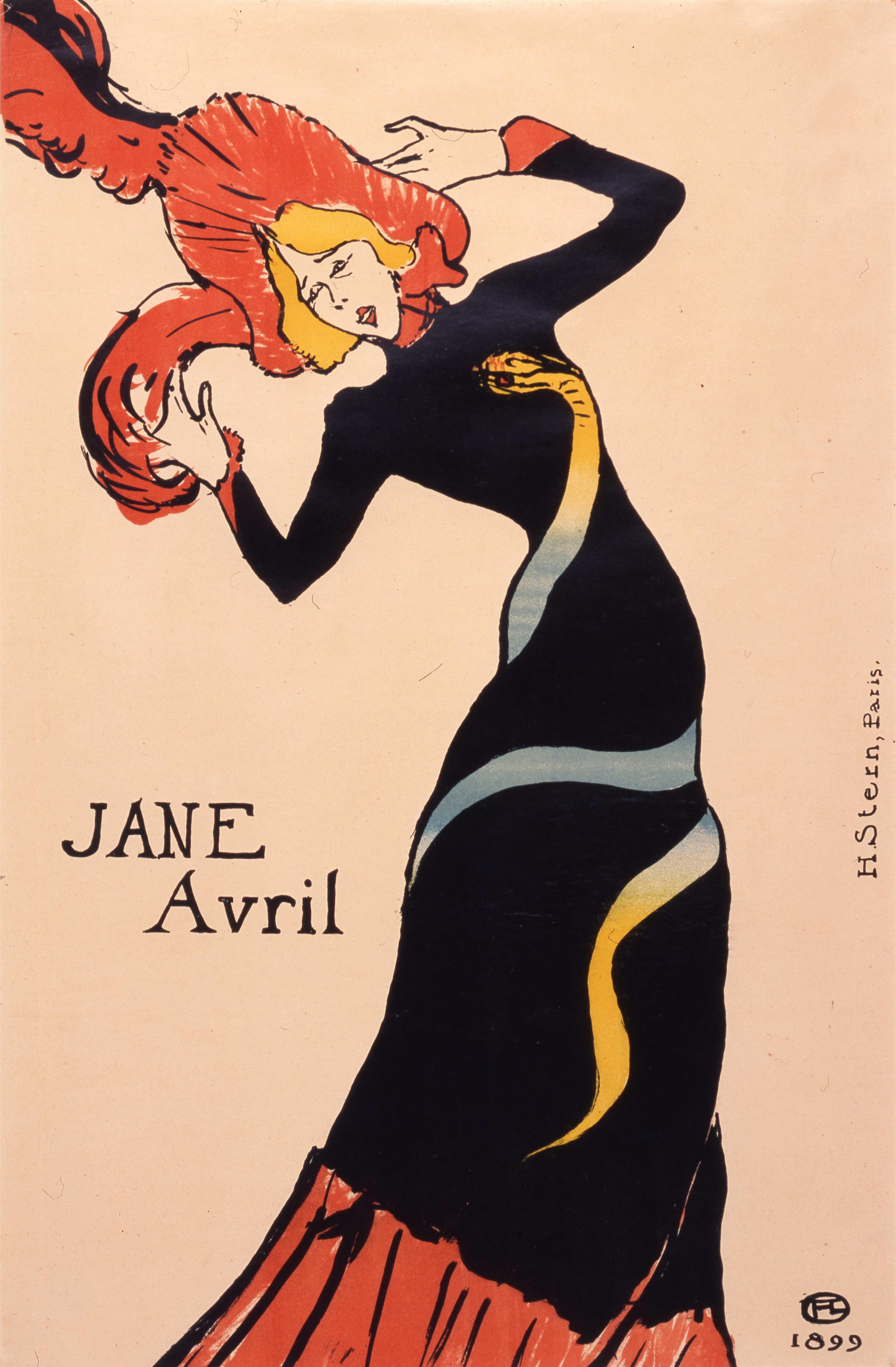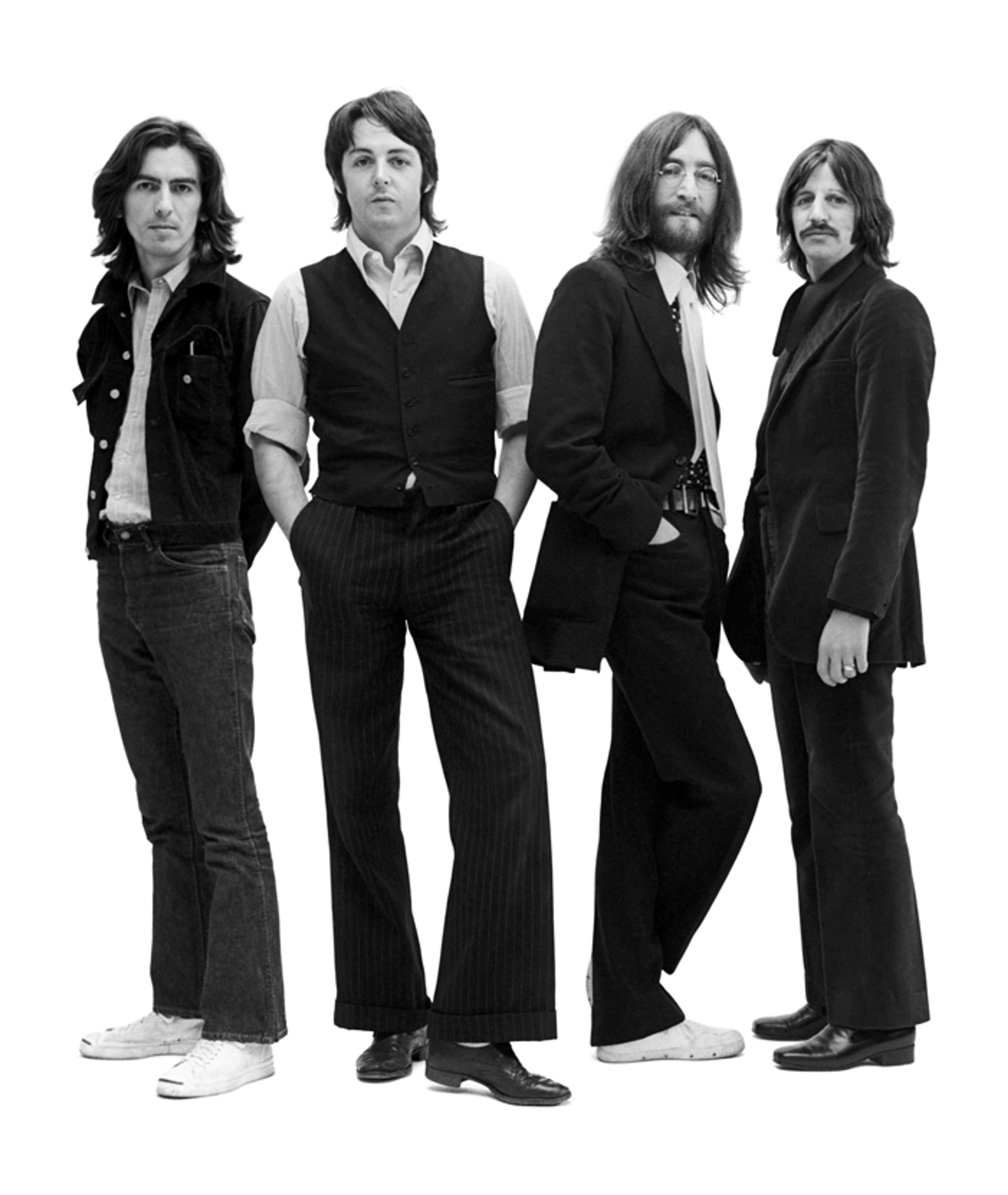
menschheitsdämmerung
The title of the exhibition goes back to the eponymous collection of expressionist poetry published by the writer and journalist Kurt Pinthus in 1919.
"Menschheitsdämmerung" ("The Dawn of Mankind") can be read in this context as much as dawn as dusk of art and literature of the time. No alphabetical, no chronological sequence of the poems, but thematically accentuated in the four large chapters "Storm and Cry", "Awakening of the Heart", "Call and Indignation" and "Love of Man" appear these texts. These programmatic groups also form the fine division of the exhibition.
The poets turn their inner selves outward, want to let the outside world participate in their spiritual and mental condition, want to stir and shake. They call for a radical renewal of society. They develop the vision of a New Man.
The exhibition includes graphic and lyrical works of the time. By artists who have made a significant contribution to graphic and poetic modernism. They demonstrate the pluralism between a reserved, expressive expression characterized by inwardness to a matter-of-factness guided by the sober gaze. Cultural, economic, and political upheavals following the traumatic events of the war contribute thematic accents, albeit in a concealed manner.
The pictorial works from the Nierendorf Collection (Berlin) presented in the exhibition and assigned to the poems provide insight into the artistic feeling of the time in the years between 1918 and 1938, which was determined in equal measure by a desire for departure and skepticism, shock and despair.
In place of buried utopias, images of an uncertain future emerged in the years after World War I; social hardships, depression, and skepticism about life spread. The expressive forms of that time are reflected in extremely emotive images and verse, which in the same way have in view the questioning of identity models.
"The word of the 'dawn of mankind' must therefore by no means be seen only as an apocalypse, but precisely also as a dawning of humanity at the moment when the old gods and the old certainties have sunk." (Illies)







